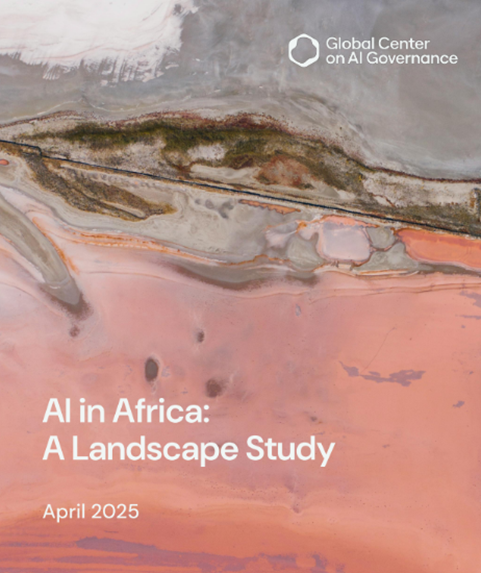On April 3–4, the inaugural Global AI Summit on Africa was held in Kigali, under the theme: “ AI and Africa’s Demographic Dividend: Reimagining Economic Opportunities for Africa’s Workforce.”
The summit gathered over 2,000 delegates from 97 countries, reflecting the growing strategic interest in artificial intelligence across Africa. It concluded with the announcement of the Africa Declaration on Artificial Intelligence, a landmark that highlights the continent’s ambition to shape its own path in this rapidly evolving field.
With a population projected to reach over 2.5 billion people by 2050, Africa will represent more than a quarter of the world’s population. This demographic growth, driven by a large and dynamic youth population, is often perceived as a challenge. Yet, it could become a powerful driver of development, provided it is supported by adapted public policies and long-term strategic choices.
In this context, artificial intelligence offers concrete opportunities to address key challenges in employment, education, healthcare, governance, and agriculture. When properly leveraged, AI can support the transformation of essential systems and stimulate local innovation.
With its young, multilingual, and increasingly digitally connected population, Africa is well positioned to play an expanding role in the global AI landscape. Strengthening local capacities could enable the development of technology solutions designed by and for the continent.
Aligned with this momentum, Global Center on AI Governance, in collaboration with Meta , recently published an ambitious study entitled “AI in Africa: A Landscape Study”, available here: https://landscapestudy.tiiny.site.

This study offers a detailed mapping of Africa’s AI ecosystem, analyzing opportunities, challenges, economic trends, and the role of key stakeholders. It is structured around five major pillars:
- AI Economy, Infrastructure, and Skills
- Open-Source Technologies, Ethical Principles, and AI Innovation
- Policy and Regulatory Frameworks
- Multi-Stakeholder Governance and Financing
- Strategic Recommendations
Through this comprehensive analysis, the study aims to identify transformation levers, highlight promising initiatives, and propose concrete actions to make artificial intelligence a strategic tool for sustainable development in Africa.
Building an ambitious continental strategy starts with a thorough understanding of the current landscape, existing strengths, and avenues for improvement.
If supported by adapted public policies and a long-term vision, artificial intelligence — like other innovation tools — can contribute to improving the social and economic conditions of African populations by addressing real-world challenges.
However, as with many major issues the continent already faces, the success of these transitions will depend on strong collective commitment. Governments, the private sector, researchers, civil society, and citizens must act together in a spirit of co-construction to lay the foundations for a more just, inclusive, and sustainable future, grounded in innovation, local ownership, and the common good.